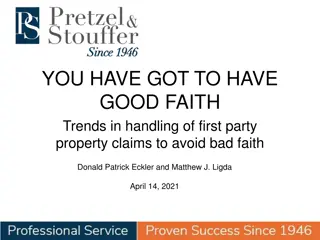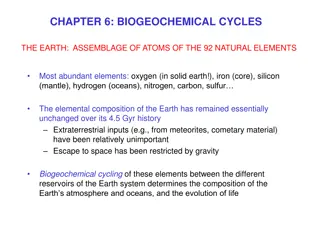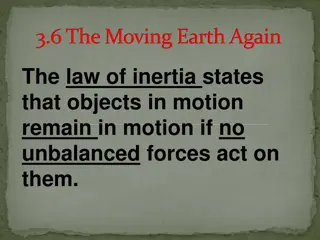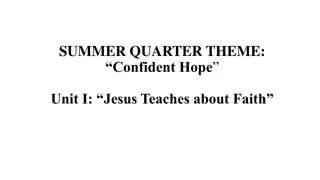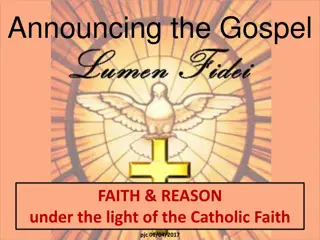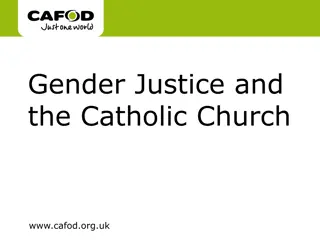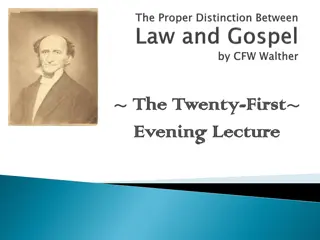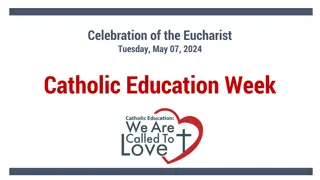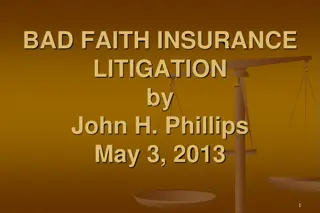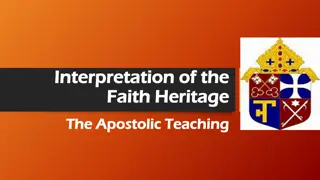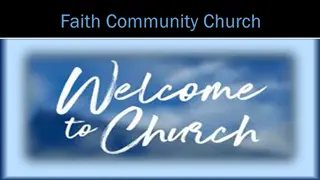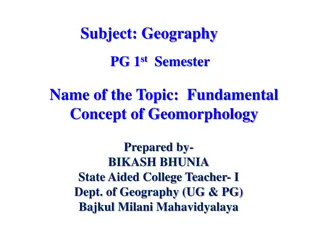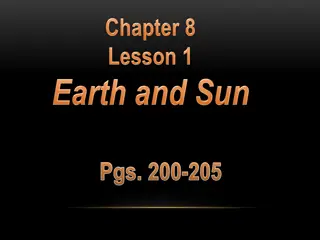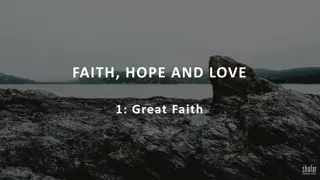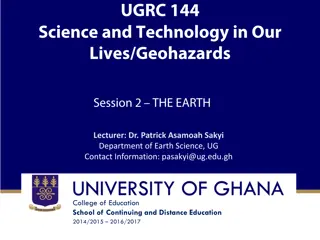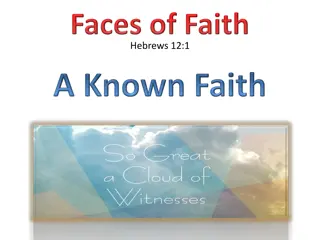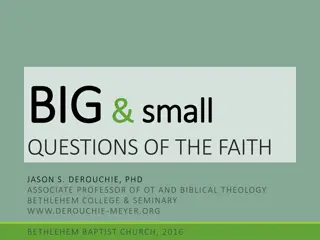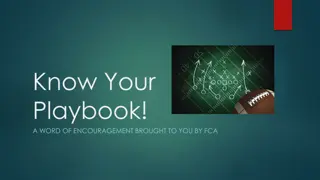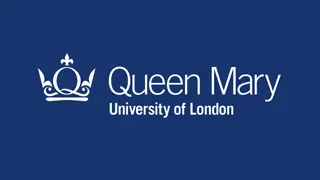Exploring Faith, Nature, and Justice in "Justice on Earth
Delve into the intersections of faith, nature, and justice with the "Justice on Earth" discussion guide. Reflect on spiritual practices, Unitarian Universalist principles, and personal relationships with nature. Engage in meaningful discussions on the inherent worth of individuals and the interconnectedness of existence while exploring the relevance of creative expressions in connecting humanity with the natural world.
Download Presentation

Please find below an Image/Link to download the presentation.
The content on the website is provided AS IS for your information and personal use only. It may not be sold, licensed, or shared on other websites without obtaining consent from the author. Download presentation by click this link. If you encounter any issues during the download, it is possible that the publisher has removed the file from their server.
E N D
Presentation Transcript
Justice on Earth: People of Faith Working at the Intersections of Race, Class, and the Environment 2018-19 UUA Common Read DISCUSSION GUIDE QUESTIONS AND PROMPTS UUA Faith Development Office
SINGLE-SESSION VERSION UUA Faith Development Office
COVENANT We each promise to: speak from our own experiences and perspectives. listen generously to the experiences and perspectives of others. actively resist making assumptions about one another. be mindful of taking space and making space to ensure everyone has opportunities to speak and to listen. expect and accept non-closure. respect the confidentiality of personal information and stories shared here. UUA Faith Development Office
DISCUSSION AND SHARING: GROUNDED IN OUR FAITH What religious or spiritual practices are now, or have been, meaningful in your life that connect you to the living earth? How do they connect you to other people? UUA Faith Development Office
1st and 7th UNITARIAN UNIVERSALIST PRINCIPLES 1. The inherent worth and dignity of every person 7. Respect for the interdependent web of all existence of which we are a part UUA Faith Development Office
THREE-SESSION VERSION Session 1: The Nature of the Problem UUA Faith Development Office
COVENANT We each promise to: speak from our own experiences and perspectives. listen generously to the experiences and perspectives of others. actively resist making assumptions about one another. be mindful of taking space and making space to ensure everyone has opportunities to speak and to listen. expect and accept non-closure. respect the confidentiality of personal information and stories shared here. UUA Faith Development Office
SHARING: OUR RELATIONSHIP TO NATURE What has nature meant in your life? What have been your experiences with the natural world? Has your relationship with nature been a solitary or communal experience? What poems, music, visual art pieces, photographs, or religious texts about nature are meaningful to you? Do those texts or creative expressions separate humanity from nature, or include human beings in nature? UUA Faith Development Office
THREE-SESSION VERSION Session 2: Finding Our Religious Ground UUA Faith Development Office
CHALICE LIGHTING We light this chalice to celebrate Unitarian Universalism. This is the church of the open mind. This is the church of the helping hands. This is the church of the loving heart. Together we care for our earth and work for friendship and peace in our world. UUA Faith Development Office
REFLECTION AND SHARING What religious or spiritual practices are now, or have been, meaningful in your life that connect you to the living earth? How do they connect you to other people? UUA Faith Development Office
DISCUSSION: A MORAL IMPERATIVE How might introducing a Unitarian Universalist language of morality change how we perceive environmental causes? How can we address environmental causes as Unitarian Universalists? Justice on Earth suggests that, through a UU lens, we must see: There is no environmental justice without justice for people and communities of color and economic poverty, in our country and globally, who are most vulnerable to effects of climate change and environmental abuse. When we let our faith guide us, how are we more sharply accountable to those people most harmed by environmental damage? What might be a UU language of morality that can broaden and strengthen our advocacy for environmental justice? UUA Faith Development Office
1st and 7th UNITARIAN UNIVERSALIST PRINCIPLES 1. The inherent worth and dignity of every person 7. Respect for the interdependent web of all existence of which we are a part UUA Faith Development Office
THREE-SESSION VERSION Session 3: Embracing Accountability and Becoming Partners UUA Faith Development Office
WHY ITS ABOUT RACE AND CLASS What first-hand experiences (or stories heard from others) came to mind as you read the book? Do you now understand some of those experiences and stories differently? If you were to write about the particular problems and issues of a place familiar to you, what would you write about? Where does environmental injustice intersect with human injustice in the story you will tell? UUA Faith Development Office


